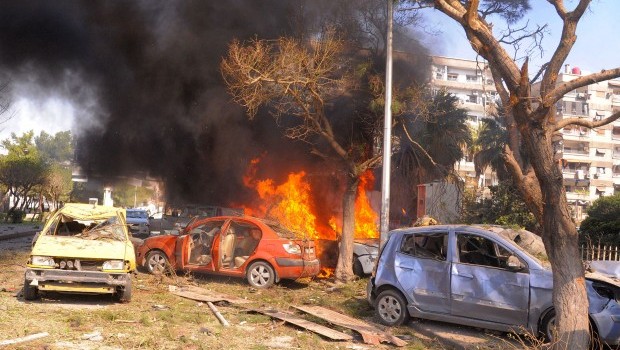What is the state of Sunni–Shi’ite rapprochement?
What is left of this rapprochement after the Khomeinist current, which dominates the Shi’ite arena, has lost its last Sunni cover, represented by the Azhar scholars and the jurisprudents’ wing of the Muslim Brotherhood, represented by Sheikh Yusuf Al-Qaradawi?
Efforts to bring Islamic sects closer, especially the Sunni and Shi’ite, have been going on for a long time. One of its recent episodes in our time was the establishment of an institution for rapprochement between Islamic sects in Cairo in 1947, and the support by Azhar’s Sheikh Shaltout and Sheikh Al-Bashri for these efforts.
Following the Khomeini revolution, which turned Iran into an Islamic republic, these efforts continued, but in a different guise, which was the Palestinian issue, the mantra for anyone in Middle East politics.
In 1990, the international Forum for Islamic sects’ rapprochement was established, headed by the expert in such matters, Ayatollah Mohammad Ali Al-Taskhiri. I saw him a number of times at conferences in Riyadh, Jeddah and Cairo.
Now, Sheikh Qaradawi, who once described Hassan Nasrallah and Hezbollah as heroes, describes Hezbollah as the party of Satan, and sees Nasrallah as a dangerous despot to the Muslim nation. Azhar scholars in Cairo attack Bashar Al-Assad’s regime and Hezbollah. Qaradawi praises Saudi scholars’ early stance in which they warned against Hezbollah and its hidden agenda against the Sunnis.
What did Nasrallah and his followers gain from preferring velayat-e faqih to Shi’ite Arabs? Iran, at worst, will go back inside its borders and return to its linguistic, cultural and geographic framework, because it is a complete nation. But what would Arab Shi’ites do, when they are part of the Arab fabric, or even the Muslim fabric, from Pakistan and India in the east, to Lebanon in the west, and from central Asia in the north, to Yemen in the south, not to mention in the diaspora in Europe, what would those do when the war has ended?
How much damage is being caused by Nasrallah to the future of coexistence in the Islamic world? This question is especially urgent as fatwas to support the oppressed are being issued in Indonesia in the Islamic Far East.
Nasrallah says he is against sectarianism and that he is wary of those who peddle such ideas, and attacks the media which he says does not report his concerns. OK, but what about the role of the Hezbollah in fueling sectarianism?
We have been warned, repeatedly, about the dangers of Sunni fundamentalism, but Hezbollah and their ilk are only just getting started, having been taken in by their temporary and inflated victories, thinking that the story will end there.

Trackbacks/Pingbacks